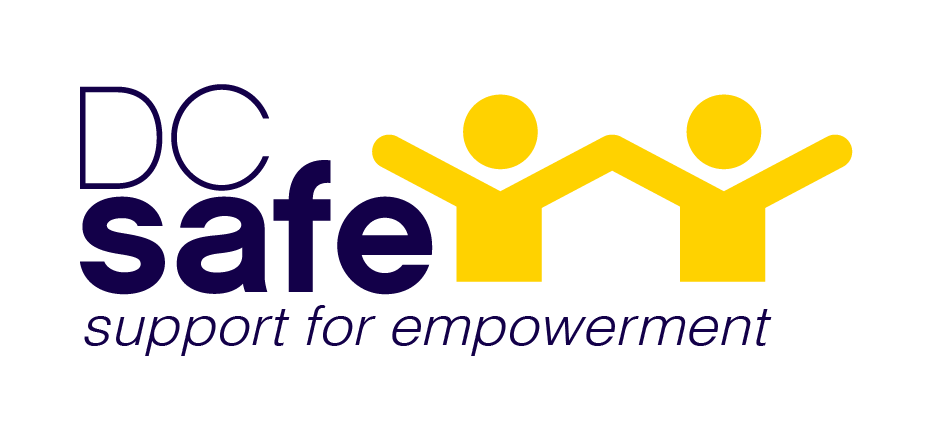Honoring Lives Lost, 2021
Honoring Lives Lost, 2021
Although it is never very far from our thoughts all year long, we like to close out Domestic Violence Awareness Month by dedicating space to remember the lives lost to domestic violence over the past year. The casualties of domestic violence are very real and that is never lost on us. We are a crisis intervention agency, but our commitment to our community very much includes prevention work. We have served on the city’s Domestic Violence Fatality Review Board since 2009, which tracks domestic violence-related deaths, assesses associated risk factors, and makes recommendations to improve the systematic response to domestic violence.
Frankly, we are in the middle of a violence epidemic. In the past year, DC saw 147 homicides and violent crime increased by 200 incidents from the year prior. We know of at least six domestic violence homicides, including a double homicide, committed in the District of Columbia in 2021. Today we honor Tiffany Hardy, Dara Northern, Wanda Wright, Ebony Wright, Talaya Campbell, and Nikiesha Thomas.
The nation was recently stunned by the heartbreaking case surrounding the search and murder of Gabby Petito. A communal sadness was experienced across the country, and we too grieved her loss. At the same time, it’s so important that we pay attention to stories like Gabby’s that don’t get the same level of national attention, especially those of Black, Brown and Indigenous women and LGBTQIA+ individuals. Stories right here in DC. Like Ebony’s. Like Talaya’s. Like Nikiesha’s.
The reality is that all of these stories give an important reminder to learn the signs of dating abuse and intimate partner violence—it literally saves lives. Of all the warning signs of intimate partner homicide, strangulation is one of the strongest predictors. According to the Training Institute on Strangulation Prevention, “A woman who has suffered a nonfatal strangulation incident with her intimate partner is 750% more likely to be killed by the same perpetrator...”
This is why we ask our clients if they have ever experienced strangulation during our Lethality Assessment, which helps us determine if a client is at high-risk for re-assault or homicide. If the client is deemed to be at high-risk, they receive expedited and enhanced coordinated services city-wide.
Our Crisis Intervention Director, Kylie Hogan, confirmed this research saying, “In every training I do for DC SAFE, I try to highlight the dangers of strangulation. The injuries and long-term risk from strangulation are subtle and overlooked. Providing information and resources is a critical aspect of our work and having very real and direct conversations about the dangers of strangulation with both our partners and our clients is essential. This aspect of abuse is often minimized or discounted altogether even though clients describe the experience of being strangled as terrifying. The lack of bruising or outward physical harm makes the fear and injuries easy to overlook. I am a strong supporter of any action to help make the criminal justice system take strangulation more seriously. Not only is this act at its most basic an attempt to kill or at least make someone afraid for their life, but it is a hallmark of a very dangerous relationship and pattern of violence that is escalating.”
The DC Council is taking steps to fix this. Bill 24-116, the Victims’ Protection Amendment Act of 2021, commonly known as the “Strangulation Bill” would create a felony offense for the strangulation of another person. Legislative protections like this signal the seriousness and severity of strangulation and we hope that enacting them will deter people from committing this type of violence.
To wrap it up, in honor of Domestic Violence Awareness Month, we hope you will join us in taking a moment to honor the lives lost to domestic violence this year. Every life lost is tragic and senseless. We will continue to always remember why we do this work and push harder.


